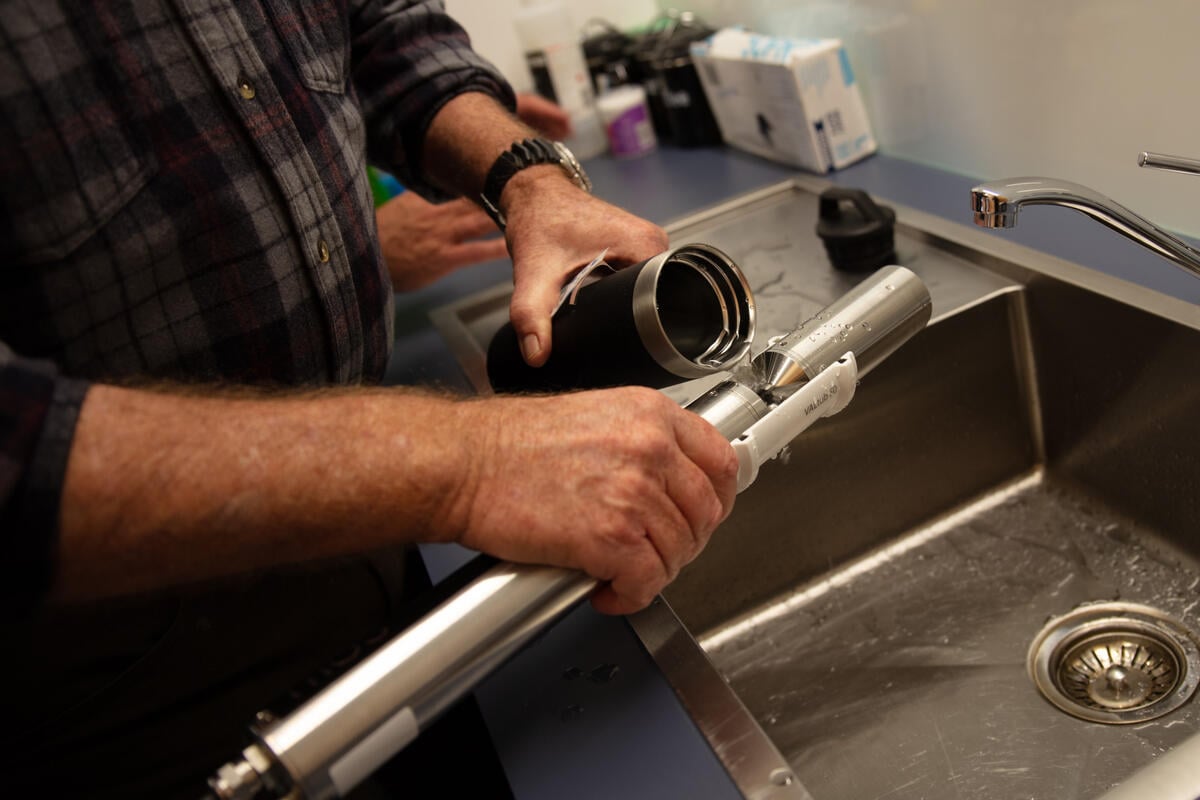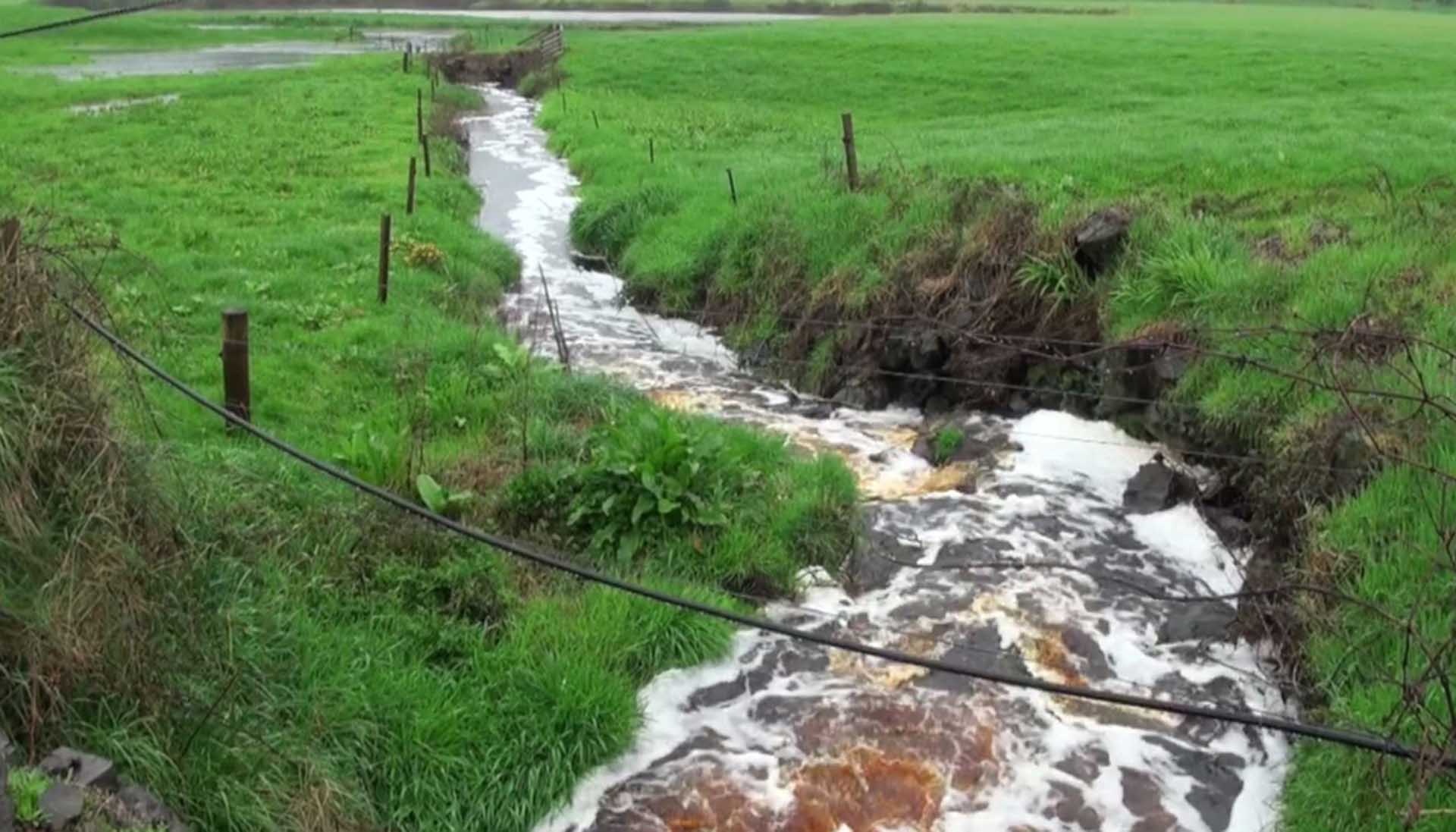Greenpeace Aotearoa is slamming the Government’s announcement today that it plans to remove intensive winter grazing rules and Te Mana o Te Wai in the next Resource Management Act amendment bill.
Greenpeace Aotearoa spokesperson Amanda Larsson says, “The Luxon-led Government has just deprioritised the protection of freshwater and the health of rural communities, in favour of allowing big businesses to pollute water across the country.”
Te Mana o Te Wai is a hierarchy of obligations under the RMA that prioritises water usage. Recognising that freshwater health is inextricably linked to human health, the first priority is the health of water bodies themselves. Next in importance is the health of communities and their access to safe drinking water, and this is followed lastly by use for commercial purposes.
Testing of drinking water in rural Canterbury over the weekend by Greenpeace revealed that several public town supplies were reaching levels of nitrate above 5 mg/L – the threshold which a growing body of scientific evidence has linked to increased risk of preterm birth.
“Nobody should have to worry whether the water coming out of their kitchen tap is safe to drink, but for many rural communities, that is increasingly of concern,” says Larsson.
“The current freshwater protections such as Te Mana o Te Wai and the intensive winter grazing regulations aren’t perfect, but they are better than nothing, and they are working. By removing these protections, the Government is condemning more rural communities to unsafe levels of nitrate contamination of their drinking water.
“Everyone has a right to know that the water coming out of their kitchen tap is safe to drink, and to be able to take a dip in their local river without getting sick, but Christopher Luxon’s government is taking that away from rural New Zealanders.”
The vast majority of nitrate contamination in drinking water, lakes, and rivers comes from the intensive dairy industry’s use of synthetic nitrogen fertiliser, and from cow urine. Greenpeace says that removing these protections will worsen water contamination.
“For the sake of all New Zealanders, Luxon must leave our freshwater protection rules alone and stop dirty dairy’s water pollution from getting worse,” says Larsson.
“From the smallest towns to the biggest cities, people care deeply about freshwater. If Christopher Luxon and his Government think that they can get away with this direct attack on the country’s already seriously polluted rivers, lakes and drinking water, they’ve got another thing coming.”




